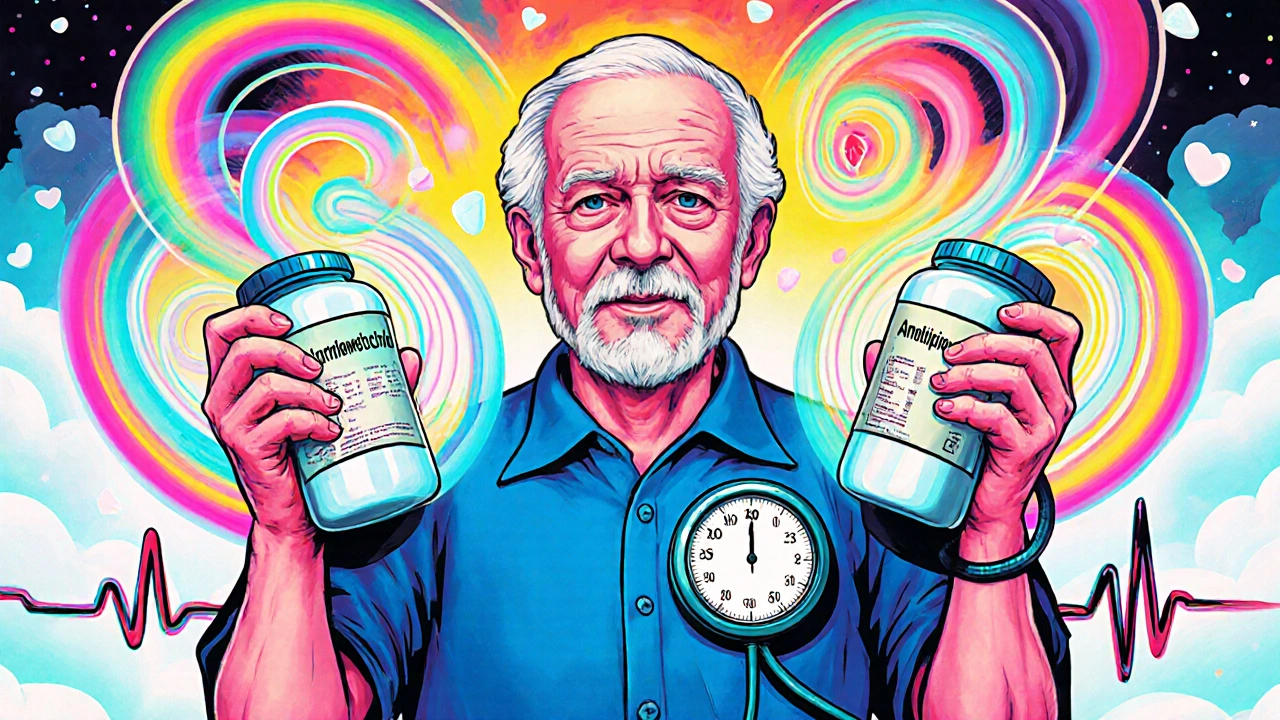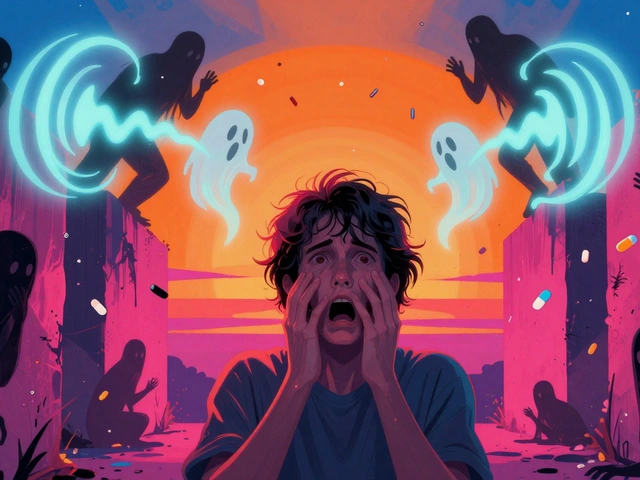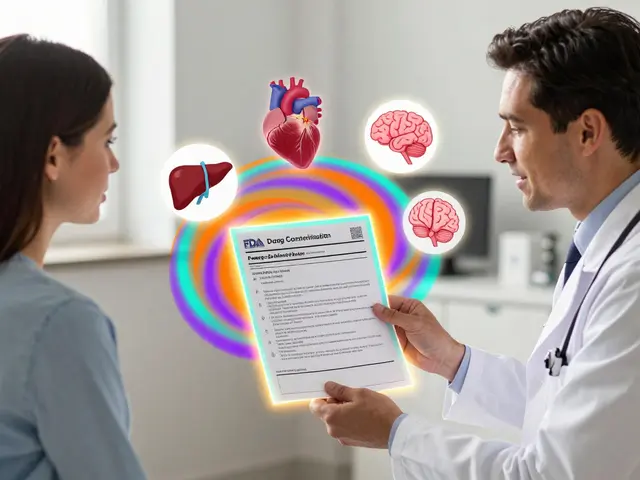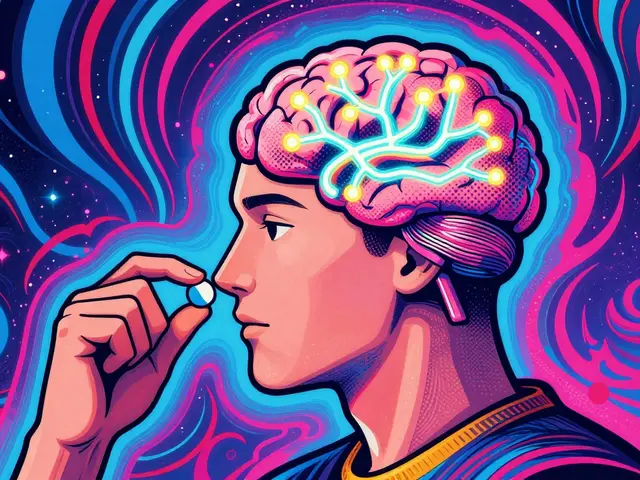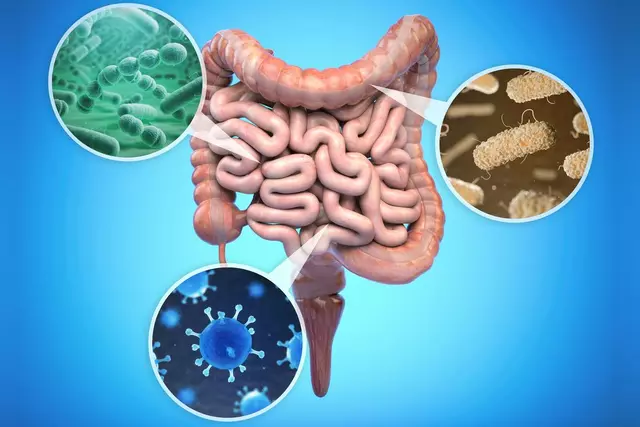Hypotension: Causes, Risks, and Medications That Can Lower Blood Pressure
When your blood pressure drops too low, you might feel dizzy, faint, or just plain worn out. This isn't just "being a little lightheaded"—it's hypotension, a medical condition where blood pressure falls below 90/60 mm Hg, reducing oxygen flow to vital organs. Also known as low blood pressure, it can be harmless for some but life-threatening for others, especially if it happens suddenly or is caused by medication. Unlike high blood pressure, which gets all the attention, hypotension flies under the radar until someone passes out in the shower or can’t get up after standing too long.
Many of the medications people take daily can cause or worsen hypotension. statins, cholesterol-lowering drugs like simvastatin and atorvastatin, don’t just affect muscles—they can also drop blood pressure, especially when combined with other drugs. diuretics, often prescribed for heart failure or fluid retention, remove too much fluid from the body, leading to dehydration and low pressure. Even antihypertensives, medications meant to treat high blood pressure, can overshoot and cause hypotension if the dose isn’t right. And it’s not just prescription drugs—herbal supplements, like garlic, hawthorn, or ginkgo biloba, can amplify the effect when mixed with blood pressure meds.
Some people develop orthostatic hypotension, a sudden drop in pressure when standing up—common in older adults or those with diabetes. Others see it after eating, called postprandial hypotension, or as a side effect of antidepressants, erectile dysfunction drugs, or even strong painkillers. The real danger isn’t the number on the monitor—it’s what happens next: falls, head injuries, reduced kidney function, or even shock if the body can’t compensate.
What you’ll find in the posts below isn’t just theory. You’ll see real cases where people had to stop a medication because their blood pressure crashed, how doctors adjust doses to avoid this, and which combinations of drugs are safest. You’ll learn how to spot early signs before you pass out, what tests doctors use to confirm the cause, and how to talk to your pharmacist about hidden risks. Whether you’re managing multiple meds, caring for an elderly parent, or just wondering why you feel faint after coffee, this collection gives you the facts you need to stay safe—without the jargon.
Clarithromycin and Calcium Channel Blockers: The Hidden Hypotension Risk
Clarithromycin can dangerously raise levels of calcium channel blockers like amlodipine and nifedipine, causing severe hypotension. Azithromycin is the safe alternative. Learn who's at risk and what to do.

